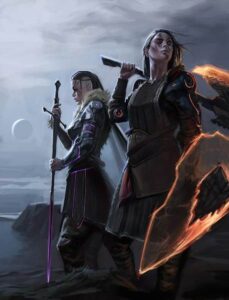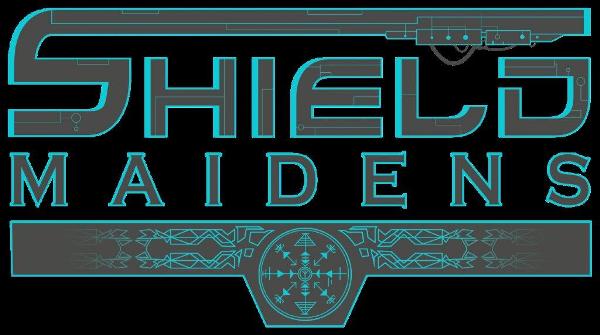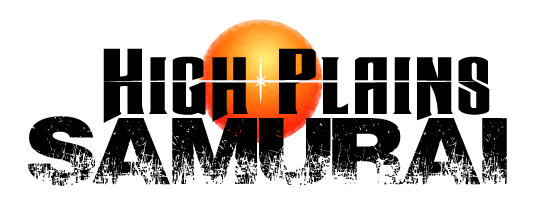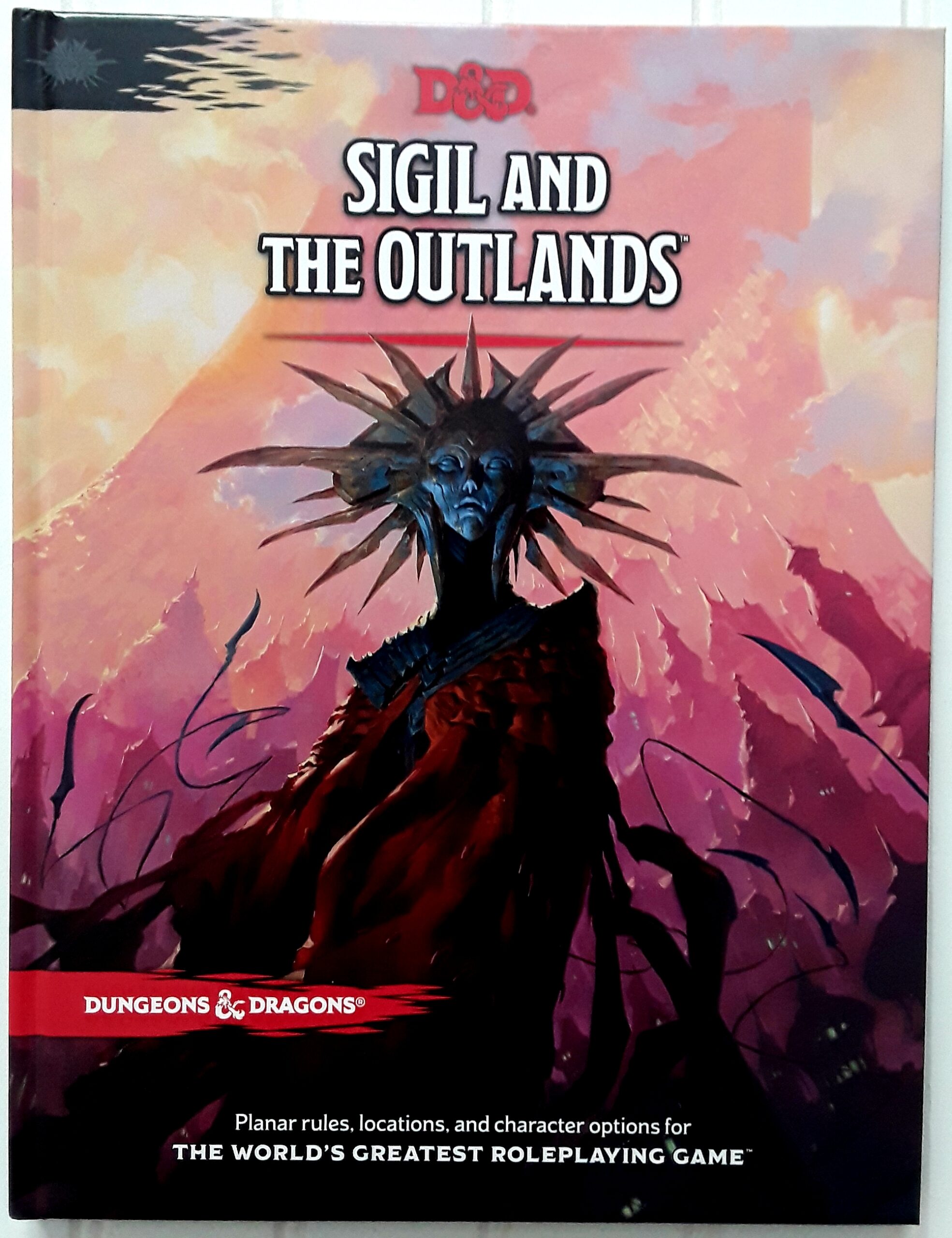 For the past 21 years, British company Mongoose Publishing has been on the forefront of the tabletop roleplaying game scene. The publisher originally focused on content for the most popular RPG ever – Dungeons & Dragons – and has since been responsible for hugely popular miniatures and roleplaying games incarnating equally recognized properties like Babylon 5, Judge Dredd, Conan, Starship Troopers and many others. Currently, Mongoose Publishing is still making a splash with Traveller (probably the most iconic SF RPG ever), 2300 AD, Sea of Thieves, Paranoia (still standing tall as the funniest role playing game out there) and Legend. In March or April, the publisher is set to achieve another milestone with its high-profile Kickstarter for Shield Maidens, a Viking cyberpunk tabletop roleplaying game.
For the past 21 years, British company Mongoose Publishing has been on the forefront of the tabletop roleplaying game scene. The publisher originally focused on content for the most popular RPG ever – Dungeons & Dragons – and has since been responsible for hugely popular miniatures and roleplaying games incarnating equally recognized properties like Babylon 5, Judge Dredd, Conan, Starship Troopers and many others. Currently, Mongoose Publishing is still making a splash with Traveller (probably the most iconic SF RPG ever), 2300 AD, Sea of Thieves, Paranoia (still standing tall as the funniest role playing game out there) and Legend. In March or April, the publisher is set to achieve another milestone with its high-profile Kickstarter for Shield Maidens, a Viking cyberpunk tabletop roleplaying game.
Of course, we would love it if you’d inform your readers, listeners and/or viewers about this unique Kickstarter project and will gladly provide you with pictures, review products and interview opportunities – just get in touch with us to apply for any of those!
About the Setting
For centuries, the people of Midgard have been under the powerful hold of the cruel Fenrir Empire, which has been tightening its grasp throughout the nine realms, squeezing the life essence from each world it is able to reach. The branches of the cosmic tree Yggdrasil are dying and the land is shrouded in what seems to be an endless winter. High up in the skies, the gods are waging war on each other as the twilight of their days looms near. Still, ancient dragons sitting on other-worldy branches are predicting the dawn of a new age once the wheel of eternity starts turning again. The duty to usher in this season full of promises falls to the Shield Maidens, the great heroes who carry the awe-inspiring Guardian Shields. Tasked by the goddess Freya to prevent Ragnarok, their very presence presents the most palpable threat Fenrir is facing, making them both feared and hatred across the entire empire.
As the agents of Fenrir try to stifle free thought and social justice, crush individuality and deny diversity, the Shield Maidens stand tall, a beacon of light to all living beings within the nine realms.
About Tabletop Roleplaying Games
Ask any tabletop roleplayer about his or her favourite hobby and you’ll get a thousand different answers, but any of them will probably tell you roleplaying games are able to capture the imagination better than even the best of epic fantasy or science fiction films can. RPGs allow gamers to tap into their own creativity and bond with each other in ways impossible to accomplish through any other means.
Since the first RPG, Dungeons & Dragons, was unleashed upon the world in the mid-seventies, most tabletop roleplaying games have shared many common elements, with each player creating a character and writing down his or her stats on a piece of paper or some sort of digital sheet. RPGs can span a wide variety of different genres and licenses, with some of them based on existing films, novels, games, TV series, comic books or even historical settings and others completely without any previously developed backstory.
In most RPGs, player characters are developed as fully-fledged real personas, with their own life histories, personal experiences, friendships, families, skills, passions and flaws. Some statistics are usually given numbers to denote how adapt they are in certain natural abilities or acquired competences. One person usually adopts the role of game master, acting as the player characters’ eyes, ears, sense of touch, smell and taste, describing the world around them and assuming the part of everyone they meet, usually drawing on an already-developed adventure, general outline or idea. Written adventures don’t act as static storylines, but rather as guidelines, introducing the story, hooks, locations, possible events and non-player characters, but almost all RPGs allow the players characters to say and do whatever makes sense within the logic of the setting.
The players describe what their characters will be doing and most love to talk in-character, enjoying a tremendously immersive form of improvisational acting without leaving the confines of the room. It stands to reason, then, that tabletop roleplaying isn’t just fun, it also develops one’s creativity, social skills and – often – knowledge of a great many different things. Throughout the world, therapists and coaches use tabletop RPGS to help their clients deal with anxiety, gain self-confidence, become more sociable or simply indulge in a hobby that refocusing them on more positive, enjoyable thoughts and feelings than what they have been struggling with.
When a situation arises in which a certain action might succeed or fail, most TRPGs use dice or (less often) cards to determine the outcome, with the game master interpreting the results or at least being the final arbiter on what the final scene will look like. This element of weighted chances allows for more suspense and excitement, as the conclusion is seeded with a level of uncertainty, driven by fate or chance as well as skill.
About Shield Maidens and Being Inclusive
In 1945, the famous scientist/philosopher Karl Popper coined the term ‘the paradox of tolerance’. He was right: as long as we stay tolerant towards intolerance, we allow intolerance to exist and thrive. Somewhat paradoxically, the very word ‘tolerance’ has become a pejorative noun, infused with the sense that we have to be permissive of things or people we don’t like, just because that’s the right attitude. Instead of being tolerant towards all sexual orientations, genders, cultures and ideologies, as long as they don’t aim to hurt others, the writers of Shield Maidens want to embrace everyone with open arms – whether they be straight, lesbian, gay, bisexual, transgender, queer/questioning, or asexual.
Even though the gamer community is well-known for being one of the most open-minded out there, there have only been a few indie tabletop roleplaying games that openly embrace LGBTQIA+ people. Shield Maidens allows everyone to play brave futuristic Viking women, battling injustice, prejudice and fear, without being too much ‘in your face’. The best way to love one another is, after all, not to discriminate, and heterosexual gamers will find just as much to enjoy within the vibrant pages of this game as anyone else. The focus of the game remains the obstacles presented by the Fenrir Empire, but the scope is epic, with deities battling each other and a single organisation holding entire worlds in its crippling grasp.
The genre is both familiar and entirely new: it’s Vikings meets cyberpunk, borrowing elements from both to present a refreshing take on a future that would be possible if the Norse myths got it right. It’s ripe for high-octane action as well as more solemn moments, thrilling interactions and funny situations.


